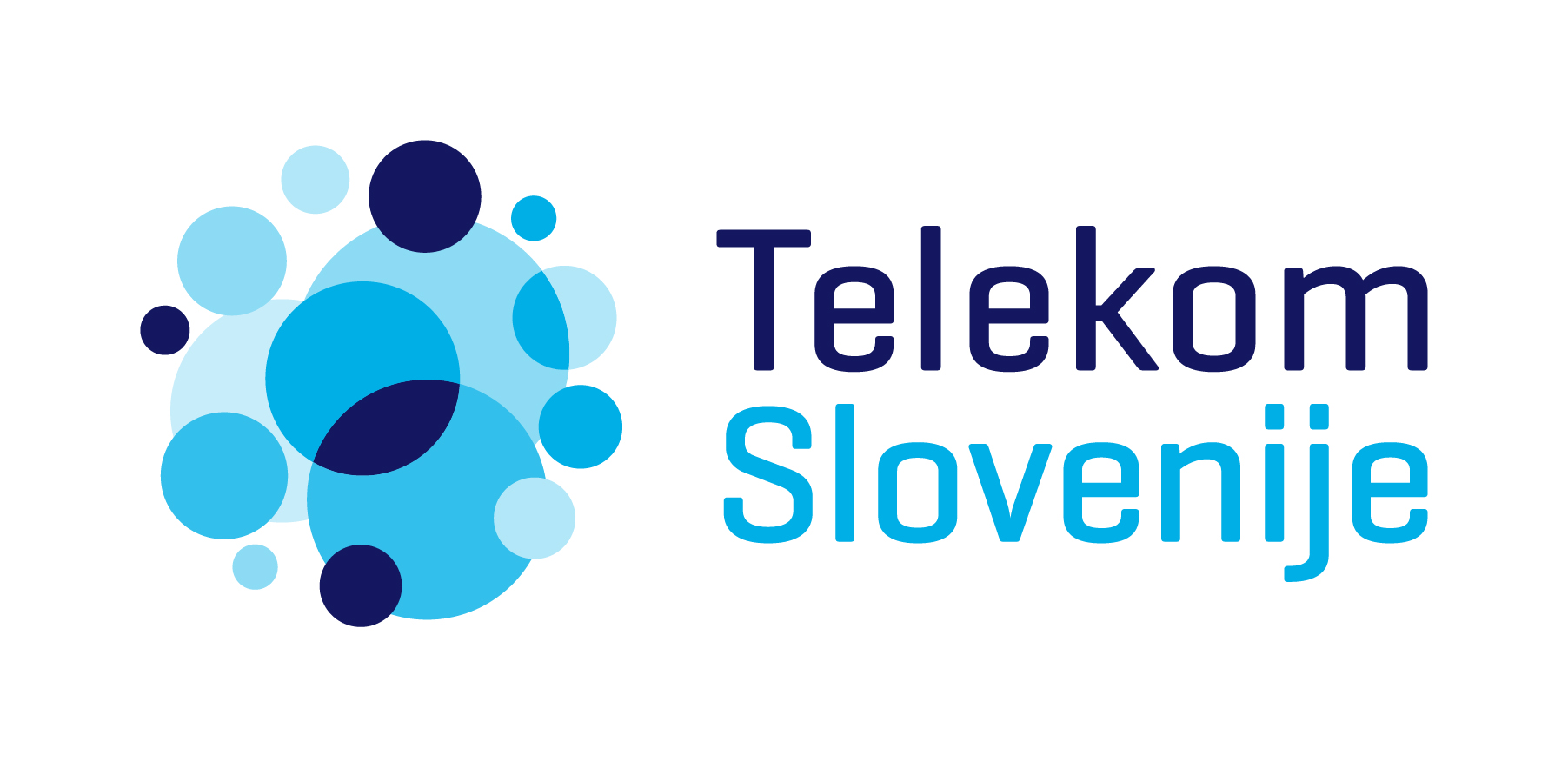By: Jamie Notter, Co-Founder and Culture Consultant, Human Workplaces
About a decade ago, a new generation started entering the workforce (the Millennials), and the older generations began a long period of constant complaining about them—they are entitled, they are too informal, they are too impatient…the list goes on.
I find this incredibly frustrating for a couple of reasons. One, we do this every 20 years, but never learn our lesson. We had similar complaints about Generation X (cynical slackers!) and Baby Boomers (long-haired hippy freaks!), yet as they grew older, apparently our worst fears weren’t realized, because each generation became the status quo. The same is going to be true for the Millennials, and I can almost guarantee that when the generation after the Millennials makes it into the workforce, we’re going to start this pattern all over again.
We had similar complaints about Generation X (cynical slackers!) and Baby Boomers (long-haired hippy freaks!), yet as they grew older, apparently our worst fears weren’t realized.
But the real reason this complaining frustrates me is that it gets in the way of creating and nurturing successful company cultures. Remember, it is inevitable that you will have multiple generations in your workforce, and there are very real differences in the way they approach work. Instead of complaining that the younger generation “doesn’t get it,” why are we not being more curious about the differences and then creating a workplace where this natural diversity becomes a strength, rather than a frustration.

For example, we all know that the Millennial generation was heavily influenced by the internet. They grew up with it, rather than having to adapt to it like the older generations did. As a result, they are expecting a lot more transparency in organizations. As one of the Millennials that we interviewed for our book asked us, “why does senior management have meetings—all the time—and never tell anyone what they’re talking about?” Remember, they grew up being able to see pretty much everything (because of the internet), yet we create systems and processes in organizations that keep a lot of information hidden.
When you see generational differences, look at it as an opportunity, rather than a challenge.
Instead of complaining about their demands, let’s redesign our processes to be at least somewhat more transparent. You don’t have to share everything, but I’m sure there are places where you could make things more visible and actually help people make smarter decisions. It actually helps when people know what the senior management team is talking about! This is an opportunity to change our cultures in a way that will tap into the potential of everyone in our workforce, and at the same time we will be evolving our cultures in the direction that everyone is heading already. When you see generational differences, look at it as an opportunity, rather than a challenge.
Jamie is a culture consultant at Human Workplaces, where he helps leaders drive growth by activating and aligning workplace culture.



